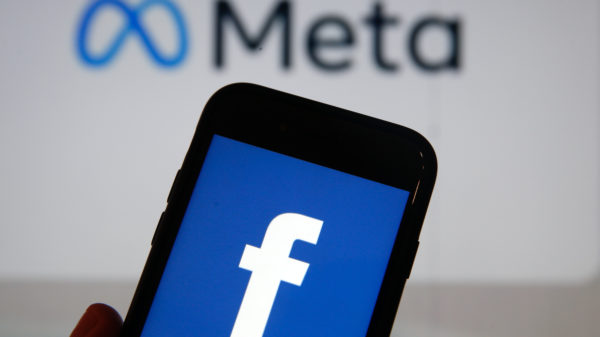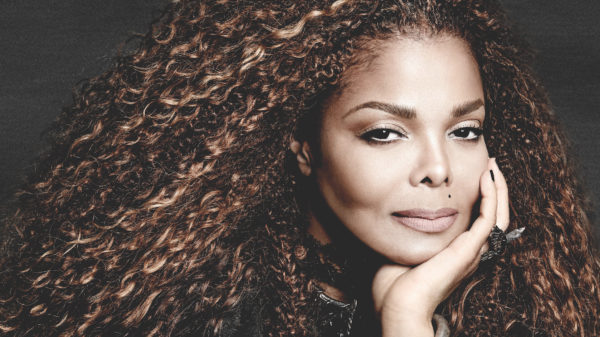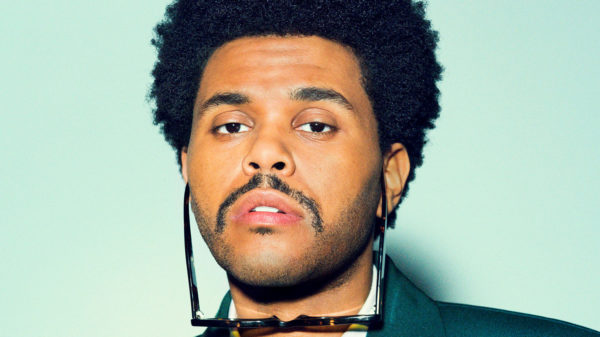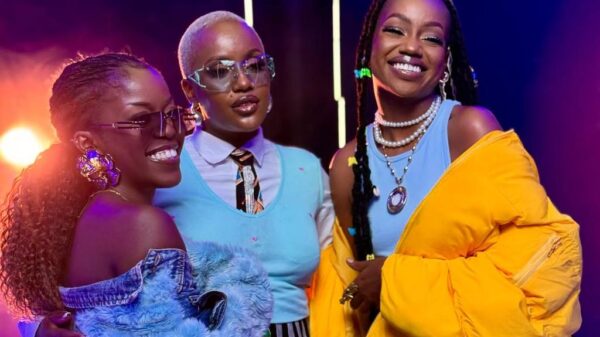The money that artists receive when their tracks get played on social media platforms just hit a record high.
In 2018 £746 million was paid out a rise of 4% in 2017. Performing Right Society for music, which collects the royalties for artists, counted songs used on Facebook and Instagram Stories for the first time, reported BBC.
However according to singer-songwriter Ruth-Anne Cunningham, “a lot of songwriters are making less than minimum wage”. Ruth-Anne, who’s worked with Avicii, JoJo and John Legend, says “it’s great everything is starting to get monetized” but adds, “unless you have a top 40 radio hit you don’t make a substantial income”.
The boss of Performing Right Society says the rise of streaming has made it harder for them to monitor what’s being played and agrees that those trying to earn a living from music are losing out.
PRS doesn’t have exact figures on how much money comes directly from music being played on Facebook and Instagram, but it says tracks being played online now make £146m a year, up nearly 20% on the year before.
Robert says that with more and more streams, and songs seemingly having a shorter shelf life, more money “gravitates to the top”.
“We have 135,000 members, and somewhere around 25,000 out of them make a real living out of songwriting.
“In the old days, if you sold a CD or a song on a CD you got money now, of course, you actually have to have people actually listen to your song.
“The subscription services are the ones that actually pay, but you pay a flat fee per month so you can listen as much as you like. The more people listen, the lower the value per stream.”
There are still places PRS doesn’t collect money from. One area that isn’t yet licensed for music use is gaming.
“Audiences are not necessarily playing the game, they’re watching other gameplay and music is being streamed alongside the action.” However, it seems the PRS boss is keen to regulate use of music in gaming.
In an interview with Music Ally, to be published in full later today, PRS for Music boss Robert Ashcroft hailed the recent passage of the new European copyright directive, including its Article 17 (formerly 13) element covering online platforms. He suggested that one impact will be on large online-multiplayer games like Fortnite who are using music – in that game’s case, for a recent Marshmello concert and a Weezer album preview.
“The massive multiplayer gaming platforms: their audience is absolutely enormous, with young people watching gameplay and listening to music streamed there,” said Ashcroft. “These are the things that we are obviously looking at and working out what the best route forward is. And that’s why it was so important to get that copyright directive passed. It makes it clear that if you’re hosting this content, you have to get a license.”
In Kenya, matters concerning royalties are usually problematic as many do not receive their dues but with the advent of social media and other means of earning like Safaricom’s Skiza tunes, there seems to be a light at the end of the tunnel.
The issue of artists barely making a living is something that most Kenyan artists have shed light on saying that they don’t earn from their music as much as they should, therefore, making music more of a hobby than a career in that one as to work twice as hard to have a normal job or business in order to earn a living.




































